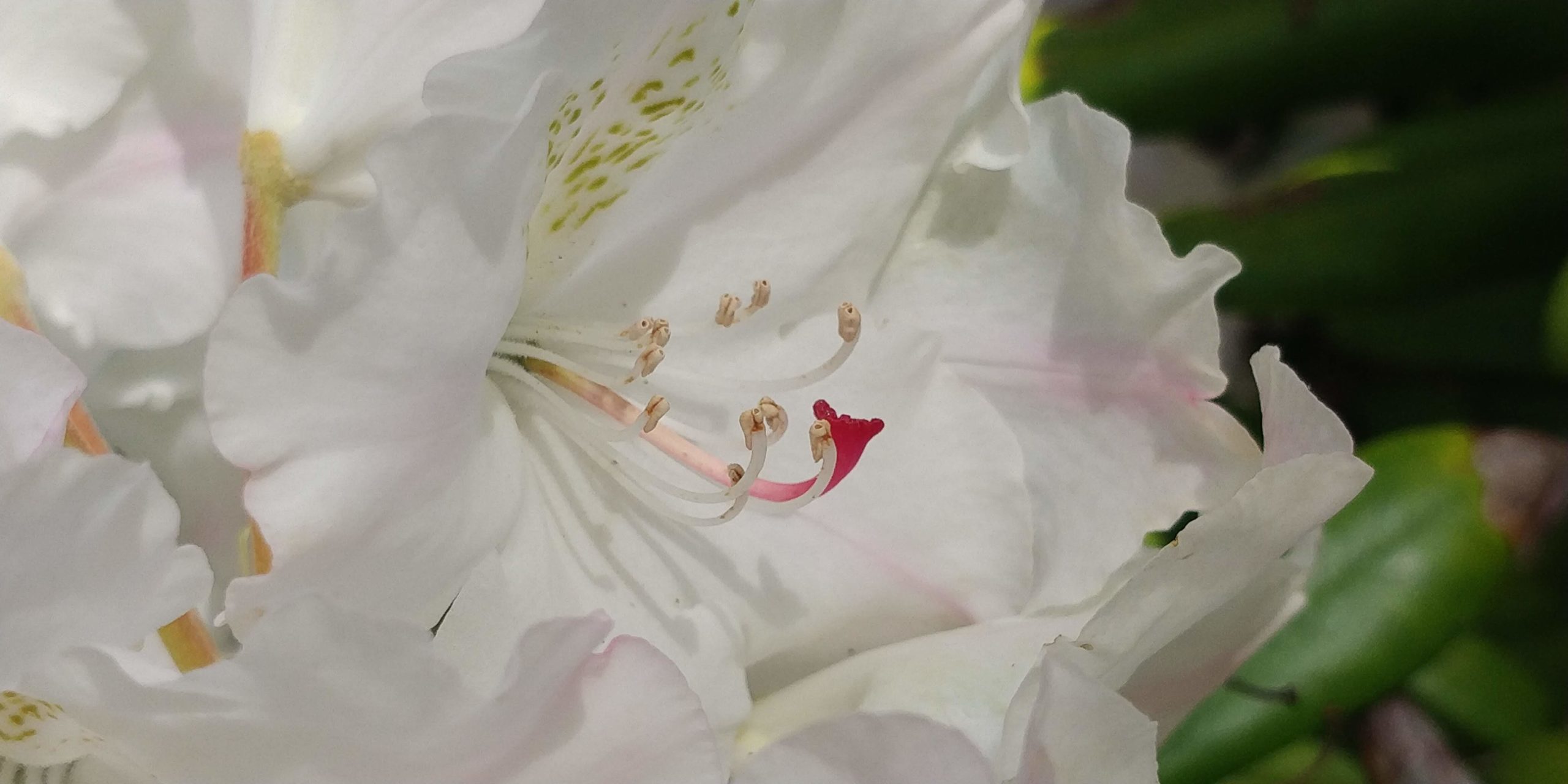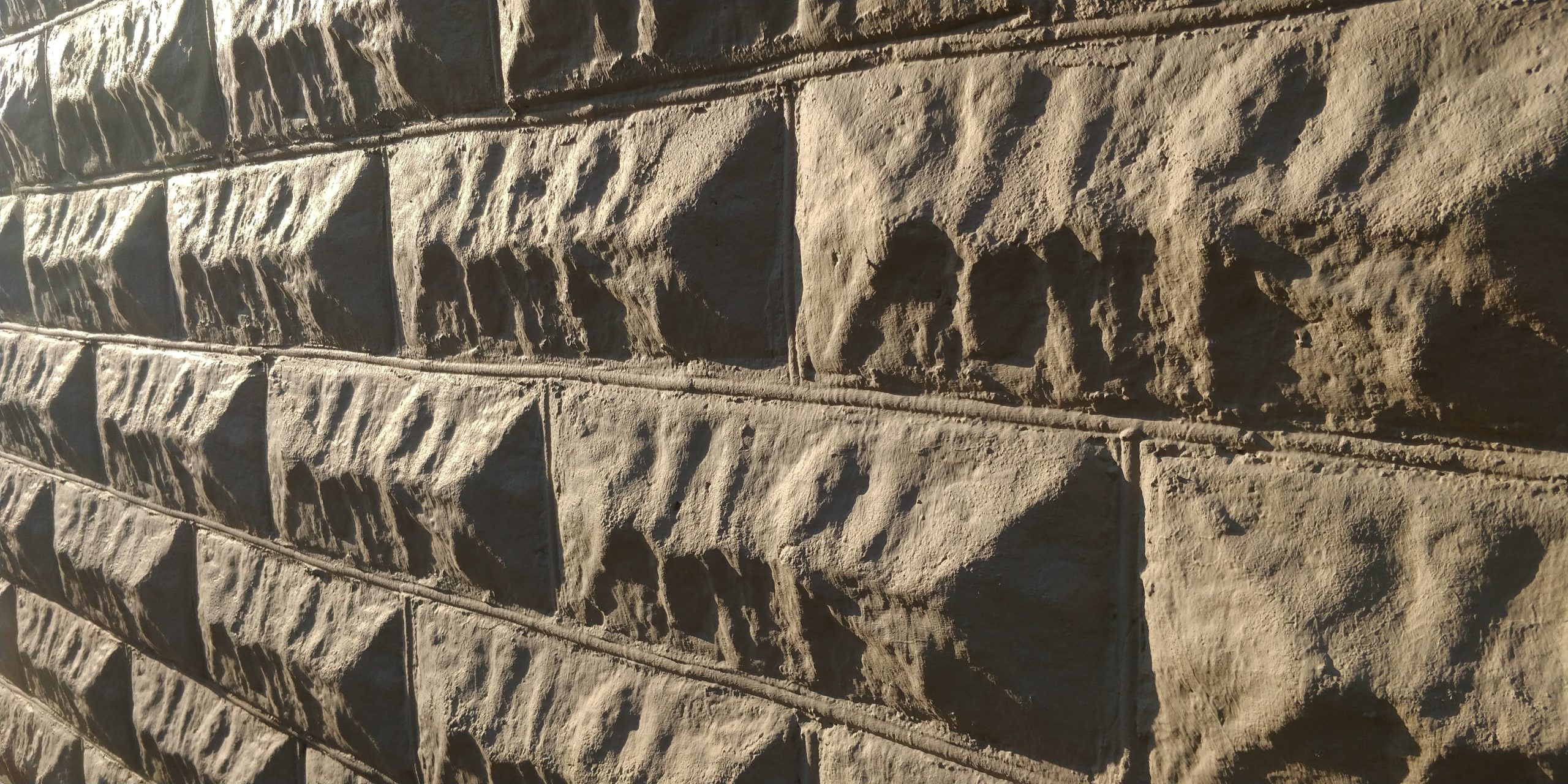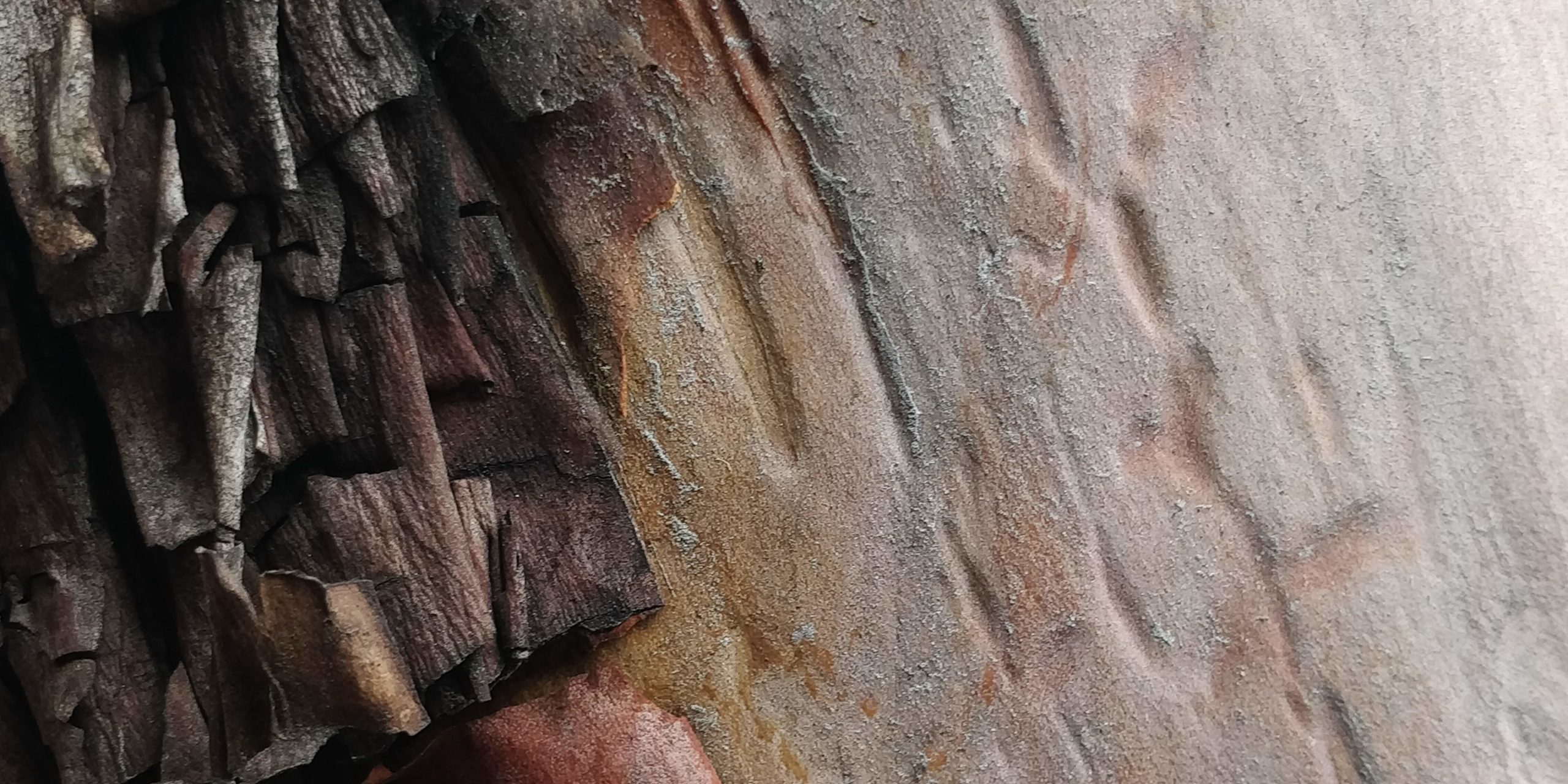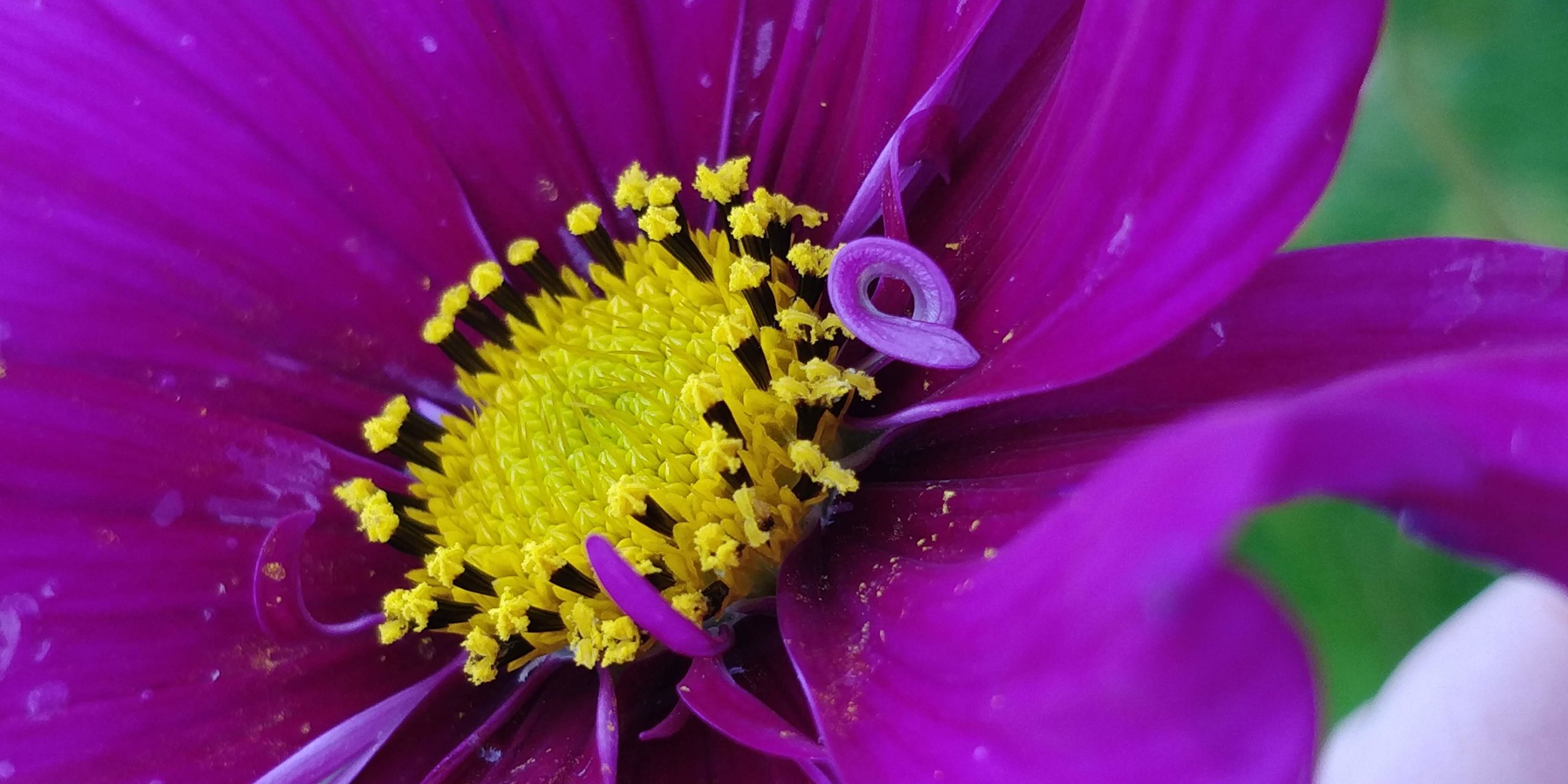
This is a final update from your facilitator on progress to date and ideas for next steps on turning tragedy into transformation after the September 2020 urban wildfires in the Rogue Valley.
As these are the final days of my contract to support Caryn Wheeler-Clay in building the LTRG into a thriving recovery organization, I thought I would reflect on the efforts outlined in our statement of work.
Work we set out to do
- Build one strong organization with the strengths of both R3V and the LTRG
- Support the LTRG’s ED in building the organization and its impact
- Onboard staff – Admin assistant, public health and housing program leads
- Build core operations – finance, HR, convening meetings, communications, development, board
- Build programs – housing, community rebuilding, DCM and unmet needs
- Build impact and visibility – hosting impactful conversations and projects
Progress to date (Italics)
- Build one strong organization with the strengths of both R3V and the LTRG
- Caryn and team have taken up the work of recovery and transformation by helping center the voices of fire-affected and typically underrepresented community members. The organization has secured funding and staffed for bilingual and bicultural community building and housing affordability work.
- Support the LTRG’s ED in building the organization and its impact
- Onboard staff – Admin assistant, public health and housing program leads
- The public health position remains unfunded, but the roles of assistant, outreach and communications, and housing program lead have been funded and candidates hired or in process of hiring.
- Build core operations – finance, HR, convening meetings, communications, development, board
- Budgets for the current and coming fiscal years have been aligned with our fiscal sponsor’s (Catholic Charities) processes and systems, HR methods are aligned with CCO, staff has begun taking on the management of newsletter and website projects and has been active in community outreach events.
- R3V has supported the work of fundraising consultants to secure long-term funding for the LTRG’s mission.
- Board governance and development projects are being coordinated by staff and completed by board members.
- Build programs – housing, community rebuilding, DCM and unmet needs
- The housing program continues to develop partnerships to align available land with developers and funding sources. We are working to align available housing land with the $119MM Home Ownership Program of the OCHS’s CDBG-DR action plan. This should result in many new affordable ownership opportunities for valley residents in the coming years.
- The housing program lead will become a valuable asset to the community’s commitment to meeting the housing needs of the valley’s residents.
- Build impact and visibility – hosting impactful conversations and projects
- Since January we have co-hosted with the LTRG conversations on:
- Onboard staff – Admin assistant, public health and housing program leads
Thanks and thoughts on next steps
Thanks to all our community partners who have brought their clarity and creativity to our work at every step.
A special thanks to Oregon Community Foundation’s Community Rebuilding Fund for supporting our work financially and with wise counsel.
Based on my experience over the past several months, I would suggest the following priorities for the coming months:
- Build the LTRG culture of project leadership internally so the organization becomes very effective at moving community initiatives forward, earning influence by being know for doing relevant, unique work.
- Continue outreach into the fire-affected community to ensure that all our work is relevant to their long-term recovery and wellbeing.
- Engage the broader community in conversations around what our recovery should look like. This can include the formal Community Recovery Plan process, but also informal Collective Impact conversations and panel discussions on the topics that invite creativity and alignment of effort.
- Continue thinking creatively to find initiatives that will turn tragedy into transformation in the unique ways only a community-based nonprofit as agile as the LTRG can.
- Housing is the first priority as it is the basis of all recovery and wellbeing
- Community rebuilding – especially around weaving in voices that have not historically been at the center of decision making processes.
- Leadership development – recovery, resilience, and inclusion all require a growing group of leaders who are continuously improving their skills.
- Partnerships – the community is only as strong as the network of partners that supports it. Both the strength of partner organizations and the trusting, effective collaborative relationships between them are crucial measures of the success of the LTRG and our community.
- Build the financial and operational strength of the organization so that you can become your own free-standing 501c3 with long-term staff who become experts in community recovery.
I appreciate the opportunity to serve in the work of this community. I have learned so much and have built lifelong friendships.
I am grateful for you and your work,





